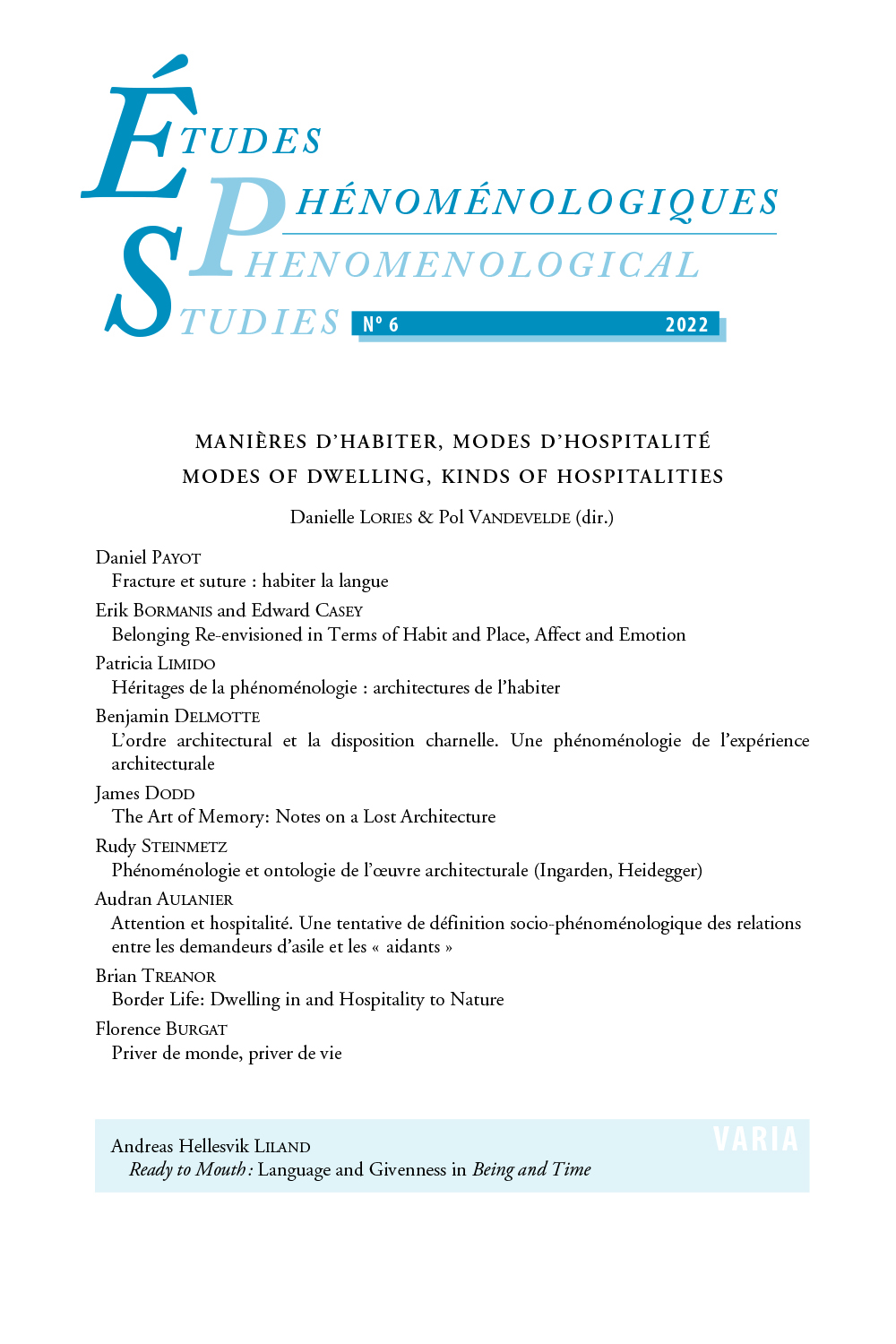 previous article in this issue previous article in this issue | next article in this issue  |

Preview first page |
Document Details : Title: 'Not at All Modern and Very Twentieth Century' Subtitle: Reflections about a Sentence of Ortega y Gasset Author(s): VANTURA MORUJÃO, Carlos Aurélio Journal: Etudes phénoménologiques - Phenomenological Studies Volume: 2 Date: 2018 Pages: 179-197 DOI: 10.2143/EPH.2.0.3254118 Abstract : This paper focuses on a well-known sentence of the Spanish philosopher José Ortega y Gasset in El Espectador in order to understand the meaning of 'modernity' in his writings. The analysis will take place at four different levels: 1. showing that for Ortega modernity is the epoch of idealism and subjectivity, with the consequent reduction of reality to something virtual; 2. grasping the ambiguous place that phenomenology has in modernity according to Ortega: on the one hand, phenomenology is the consummation of the project of modernity and, on the other, it is the opening of a new horizon, with the introduction of such notions as the noetic-noematic correlation or the executive character of consciousness; 3. trying to understand the 20th century (and a fortiori the 21st) as the century of the exhaustion of modernity, in need of a new grounding of thought in life – life understood as 'my own life'; 4. assessing the relevance of Ortega’s diagnosis of Spain in the light of the fact that the historical withdrawal of Spanish culture from modernity has given Spain a chance to live up to the challenge posed by the exhaustion of modernity. |
|


